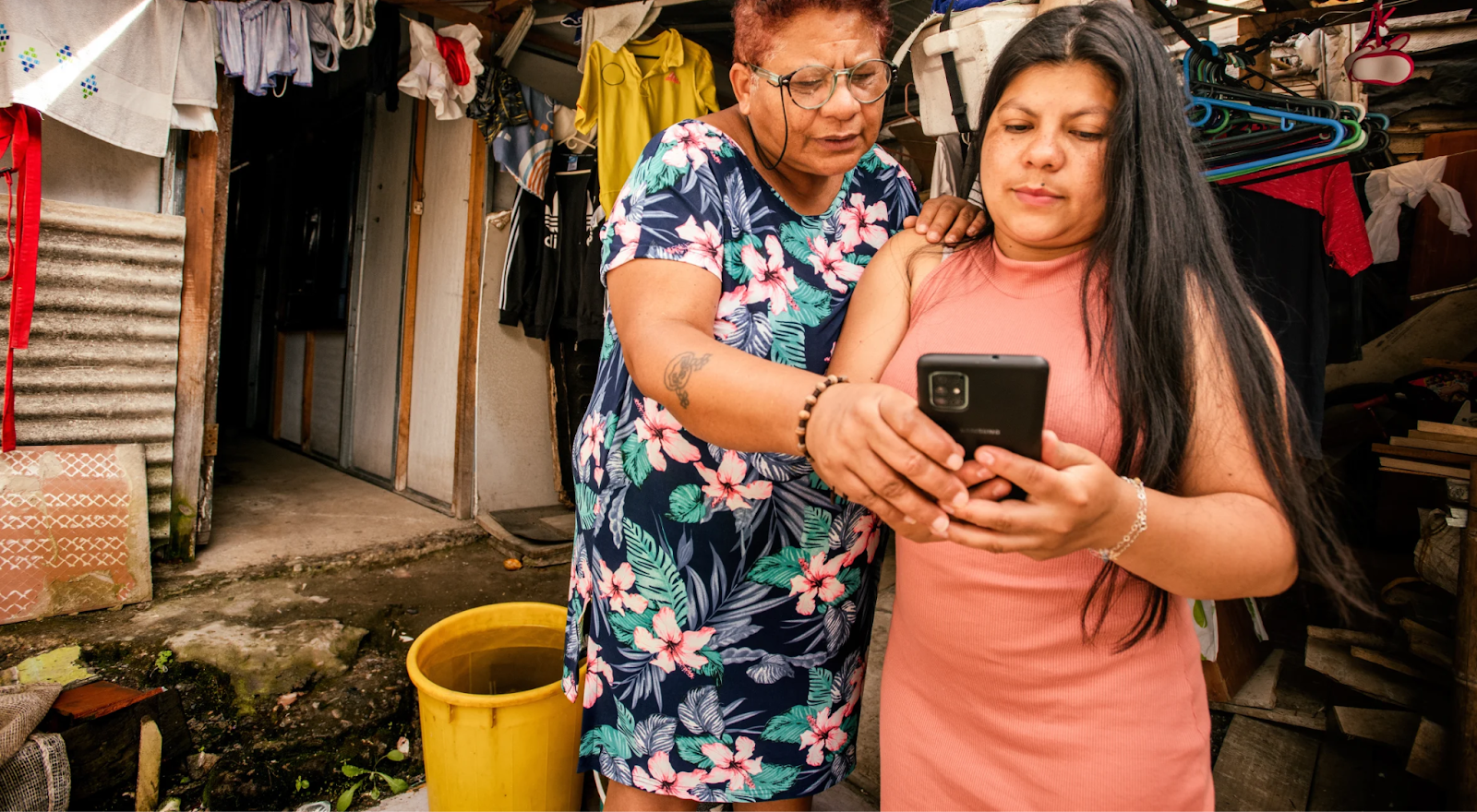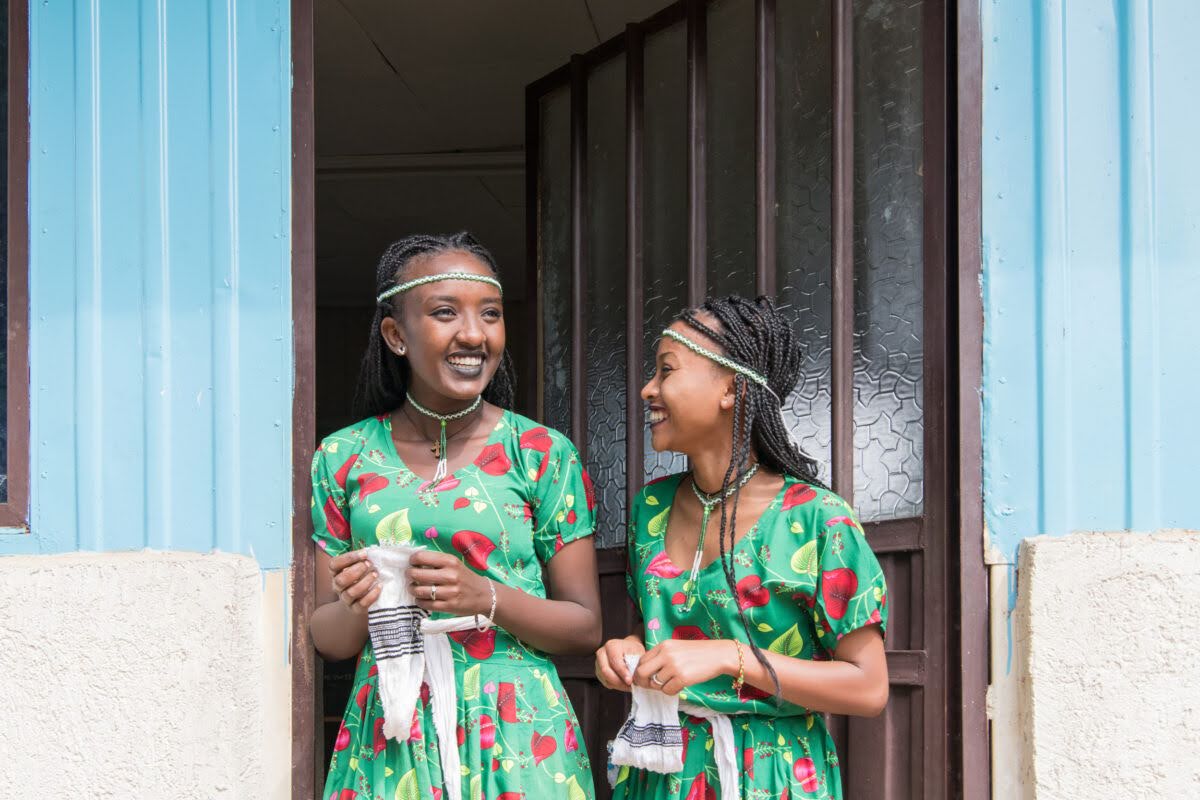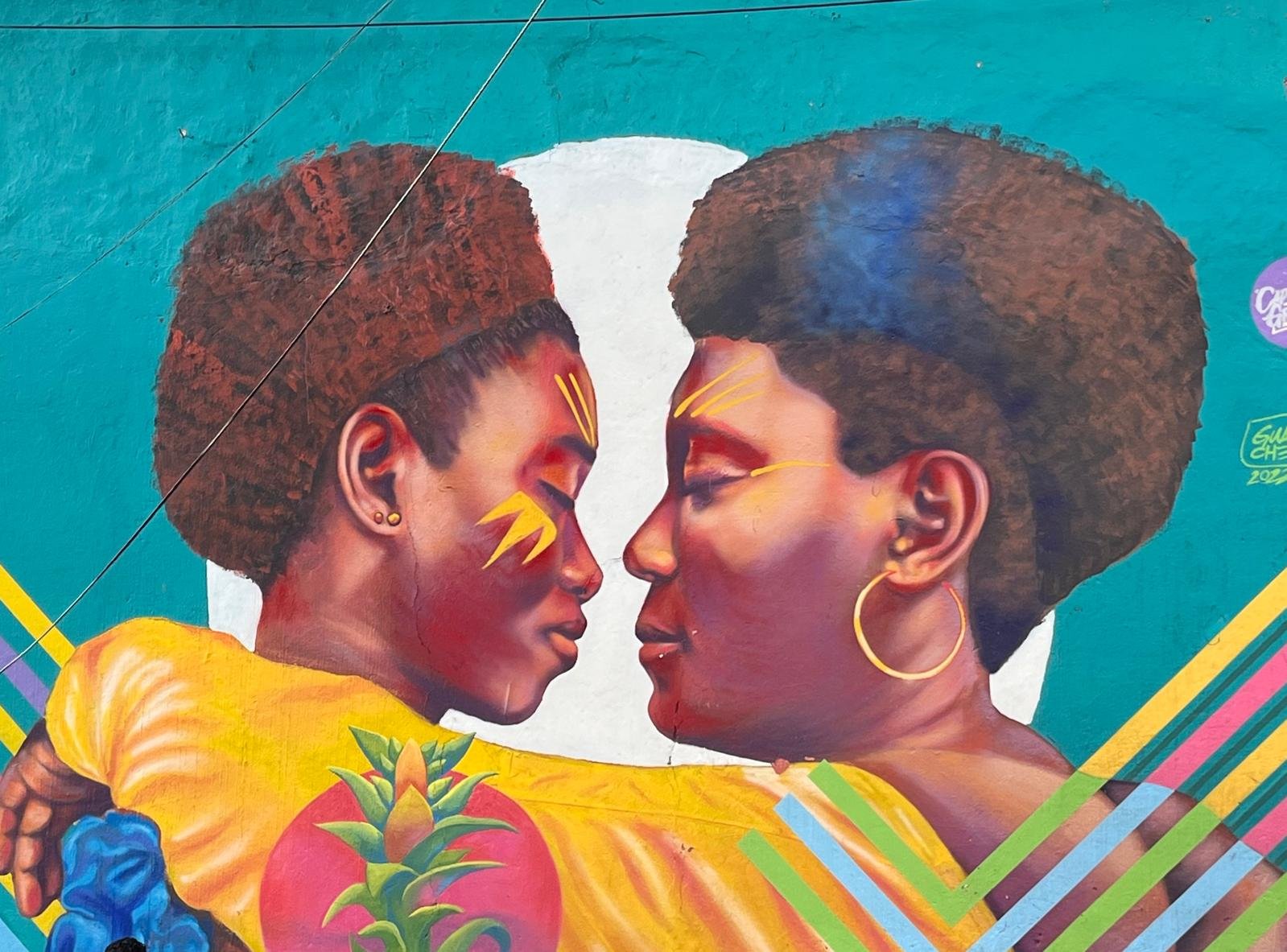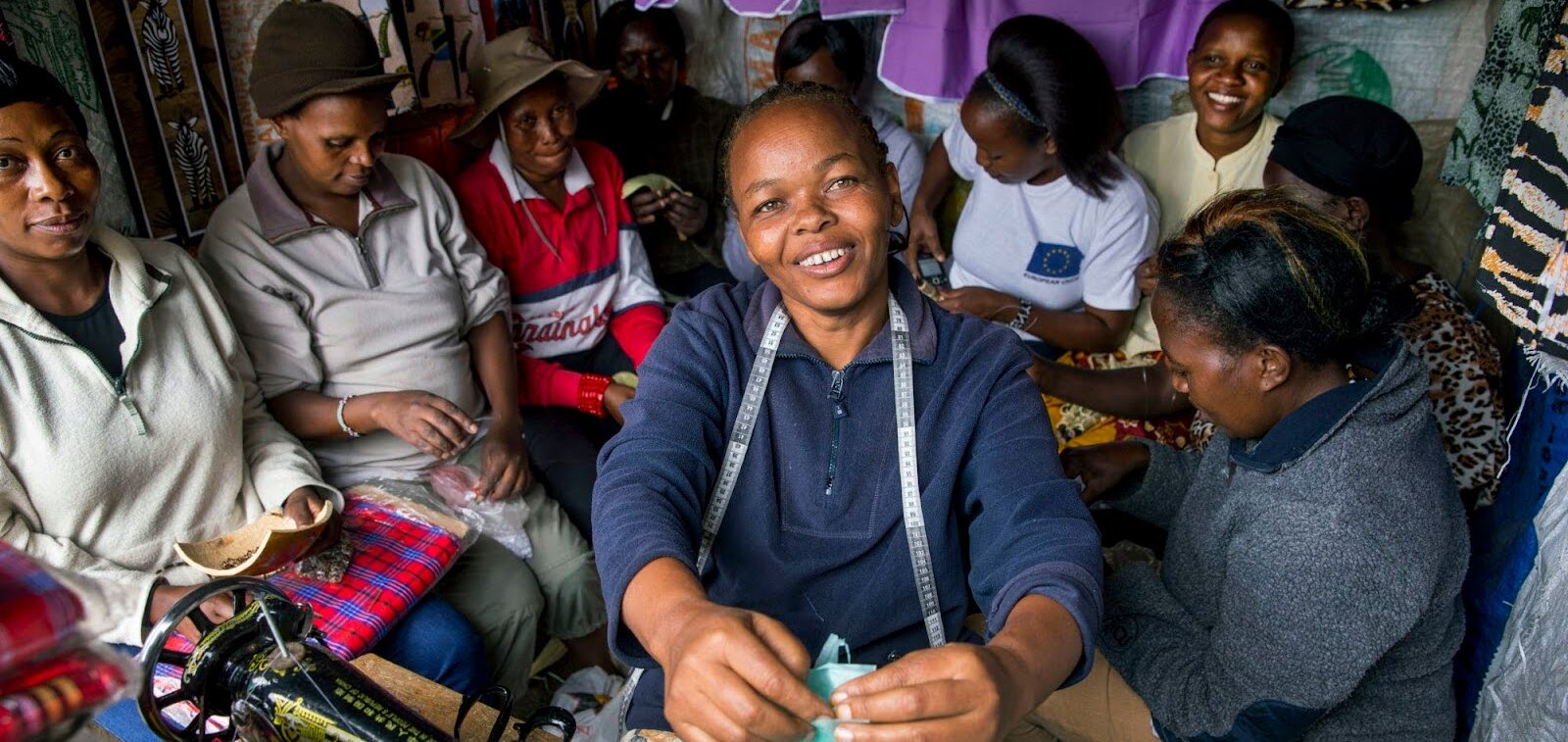CGAP’s three-year project on Digital Financial Services (DFS) Distribution Networks sought to enable key stakeholders in six focus countries (Indonesia, India, Pakistan, Morocco, Cote d’Ivoire, Colombia) to leverage current knowledge about Cash-in and Cash-out (CICO) networks in rural areas, where most of the financially excluded people still live, with a view to enabling more rural customers to access and use digital financial services. Lessons from the work in focus countries during this project were then shared widely to inform the global financial inclusion agenda.
The DFS Distribution Networks project was built around four key components. These components worked together to advocate and drive the CICO agenda at the country and global levels, and included: (i) Driving In-Country Impact, to support local stakeholders to further develop and implement their strategies for CICO network expansion; (ii) CICO Bootcamps to introduce global lessons and facilitate consensus among key local stakeholders on how to address constraints in each country context; (iii) Global Hub of CICO Knowledge, to synthesize lessons from country processes supported and share them with other countries; and (iv) gender analysis to identify country-specific gender constraints in CICO networks, improve understanding of how CICO can enable women’s financial inclusion, agency and control over resources, and generate lessons on how to remove these gender constraints based on evidence gathered.
Kore Global provided technical advice to ensure adequate and up-to-date gender knowledge is embedded in the project’s cross-cutting gender analysis component. Building on work done previously by the CGAP team, we utilized three key steps to apply a gender lens to CICO network development:
- Understand and analyze women’s financial services needs and the broader contexts (barriers and enablers) in which they live. This was done by utilizing a gender analytical framework that seeks to understand the individual (capability), meso (normative) and macro (structural) factors that are mediating different women’s access to and use of CICO networks, both as agents and customers.
- Using the above analysis, we articulated the ways in which different women were being excluded from existing CICO networks. This required an understanding of existing supply (by type of provider and product) and for each segment; their experiences, views and preferences on these. We then identified opportunities for greater inclusion.
- Develop and test solutions to increase women’s access to and use of financial services. These solutions were tested based on a set of criteria that was developed together with the CGAP team, for example identifying where solutions fall along the gender continuum (from gender unaware, to gender aware, to gender-sensitive to gender-transformative), and using pathways of change hypotheses.
Our early insights were shared in two blogs – on the materiality of agent gender for customers and on the performance of women vs men agents in CICO networks – on FinDev Gateway.






